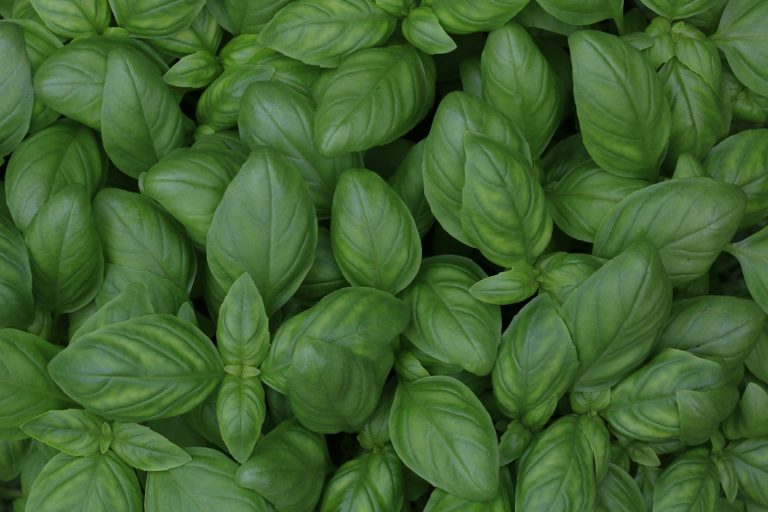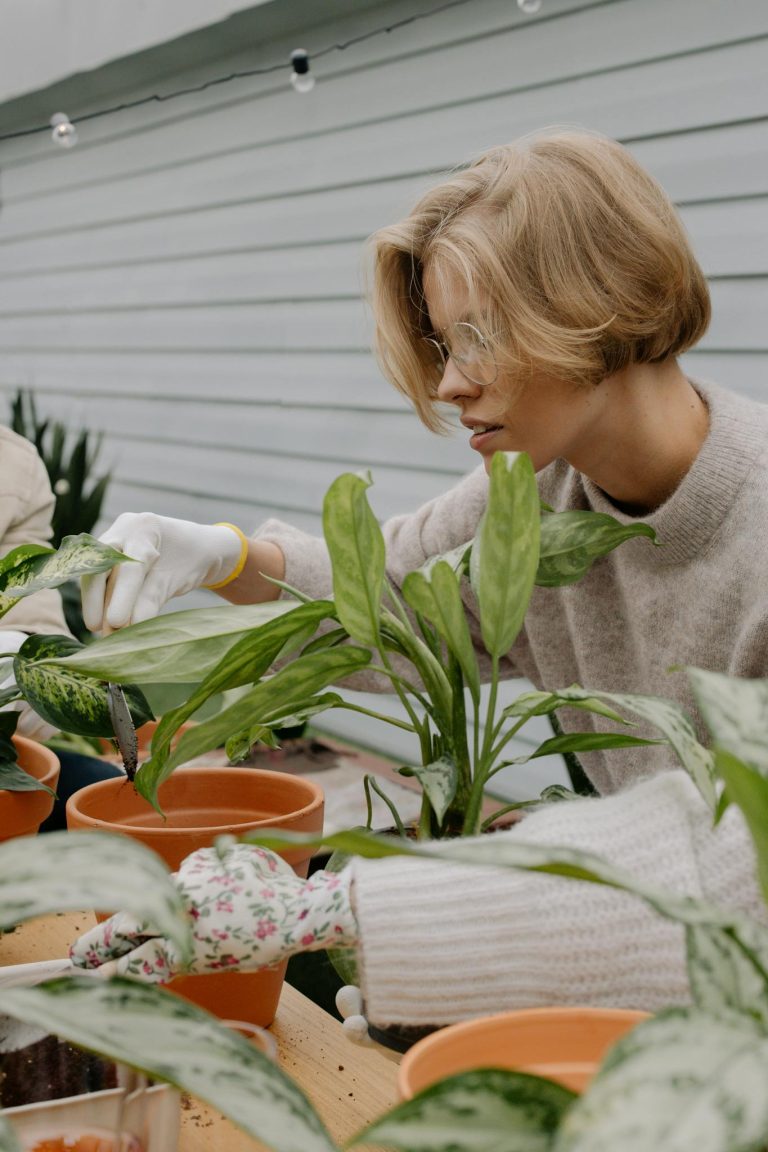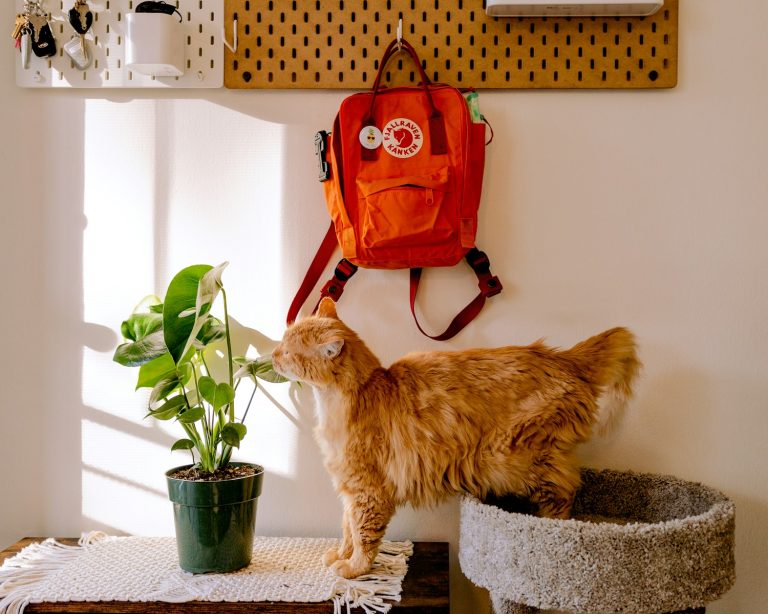Hard to Kill Office Plants: Top 15 for Busy Professionals

Office plants not only add aesthetic value but also improve air quality, enhance focus, and reduce stress. For busy professionals, maintaining them can be challenging. Hardy, low-maintenance office plants offer all the benefits without the intensive care demands.
Key Takeaways
- Office plants improve air quality and reduce stress.
- Low-maintenance plants are ideal for busy professionals.
- These plants require minimal watering and can thrive in low-light conditions.
Benefits of Office Plants
Office plants are known for their ability to purify the air, removing toxins and increasing oxygen levels, which contributes to a healthier workspace. Studies suggest that plants help reduce stress and boost concentration, leading to increased productivity. Furthermore, they create a welcoming and pleasant atmosphere, making the office a more enjoyable place to be.
Features of Hard-to-Kill Office Plants
Hard-to-kill office plants are perfect for individuals who don’t have the time to cater to the whims of more delicate species. These plants typically require minimal watering, can thrive in low-light conditions, and need little to no pruning or special maintenance. Their robustness makes them ideal companions for busy professionals looking to benefit from greenery without a gardening commitment.
Top 15 Hard-to-Kill Office Plants for Busy Professionals
Snake Plant (Sansevieria)
Snake plants are known for their upright, sword-like leaves. They are incredibly forgiving and require very little light and water. In addition to their striking appearance, snake plants help purify the air by removing toxins.
ZZ Plant (Zamioculcas zamiifolia)
The ZZ plant is characterized by its shiny, waxy leaves and sturdy nature. It can thrive in low-light conditions and requires infrequent watering, making it perfect for those who travel often. The ZZ plant is also effective at air purification.
Pothos (Epipremnum aureum)
Pothos plants are flexible climbers with heart-shaped leaves. They can grow in both low and bright zones, and tolerate neglect well. Regular pruning enhances their appearance, but they are quite undemanding overall.
Spider Plant (Chlorophytum comosum)
Spider plants boast long, arching leaves and tiny plantlets. They are adaptable to indirect light and need moderate watering. Known for their air-cleaning prowess, they are both attractive and beneficial.
Peace Lily (Spathiphyllum)
Peace lilies are renowned for their lush, dark green leaves and white blooms. They can survive in low light and require weekly watering. Peace lilies are particularly adept at removing pollutants from the air.
Rubber Plant (Ficus elastica)
Rubber plants feature broad, glossy leaves and can grow impressively under the right conditions. They prefer bright, indirect light but can adapt to dimmer environments. They require minimal watering and contribute to an oxygen-rich atmosphere.
Cast Iron Plant (Aspidistra elatior)
True to its name, the cast iron plant is incredibly tough. It can withstand neglect, dim lighting, and infrequent watering, making it ideal for those with a busy schedule. Its broad leaves add a touch of nature to any corner of the office.
Bamboo Palm (Chamaedorea seifrizii)
Bamboo palms bring an exotic touch to office interiors with their feathery, arching fronds. They thrive in low light and require consistent yet moderate watering, helping maintain humidity and purify the air.
Aloe Vera (Aloe barbadensis miller)
Aloe vera plants are not only useful for their soothing gel but also for their low maintenance. They need bright, indirect sunlight and infrequent watering. Their vibrant appearance is an added bonus to their practical benefits.
Jade Plant (Crassula ovata)
The jade plant, or money tree, is a symbol of good luck. It thrives in bright light and needs minimal watering, making it a superb choice for desks and tables. Jade plants are long-lasting and require little attention.
Philodendron
Philodendrons are popular office plants due to their adaptability and elegant leaves. They prefer indirect light and like to dry out between waterings, which means they can handle a bit of negligence without fuss.
Ponytail Palm (Beaucarnea recurvata)
Ponytail palms are distinctive with their bulbous trunks and slender leaves. Preferring bright light and minimal watering, they resist neglect well, and their quirky appearance adds character to any workspace.
Fiddle Leaf Fig (Ficus lyrata)
Despite its sensitive reputation, the fiddle leaf fig can be easy to care for with proper lighting and watering routines. It prefers bright, indirect light and minimal disturbance, developing into a show-stopping plant over time.
Chinese Evergreen (Aglaonema)
Chinese evergreens are robust plants known for their striking, variegated leaves. Tolerant of low light and irregular watering, they are perfect for converting a dull office into a vibrant space without much effort.
Dracaena
Dracaena plants come in various types, all with impressive, towering forms. They manage well in low to moderate light and require infrequent watering. Dracaenas are effective at removing toxins, contributing to a cleaner office environment.
Tips for Choosing the Right Plant for Your Office
Choosing the right plant depends largely on your office lighting conditions. If your space is dim, opt for plants known for their shade tolerance. Assessing the available space is also crucial, as some plants can grow quite large. Finally, consider the maintenance level you can commit to; some plants require more regular attention than others.
Care Tips for Maintaining Healthy Office Plants
Watering is essential but varies from plant to plant; typically, it’s better to underwater than overwater. Ensure your plants receive the appropriate amount of light according to their needs. Regularly dust leaves and check for pests to keep your plants in optimal condition.
Call to Action
We’d love to hear your experiences with office plants. Share your stories in the comments, and don’t forget to subscribe to receive more tips and advice on plant care and office productivity.



